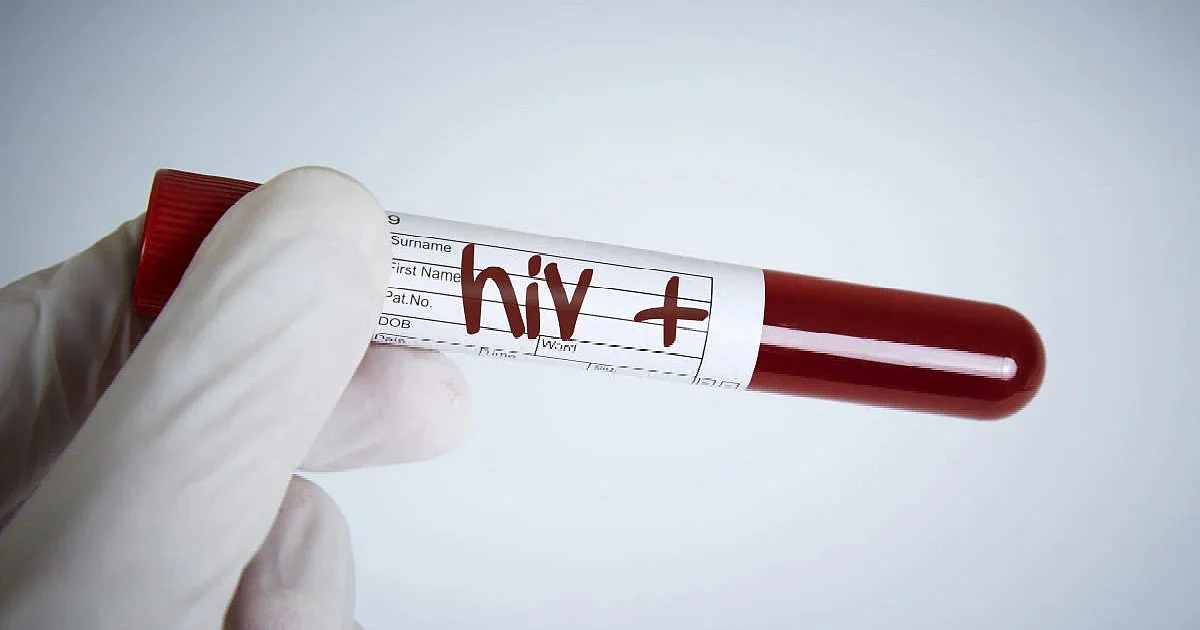Health
PHO Demands Blood Banking Reforms After Jharkhand HIV Cases

In response to the recent HIV transmission affecting six thalassaemic children in Jharkhand, the Mumbai-based People’s Health Organisation (PHO) has called for comprehensive reforms in India’s blood banking system. The organisation emphasized that only screened blood should be utilized in all circumstances to avert similar tragedies in the future.
The PHO has a long history of advocating for blood safety in India, having filed a public interest litigation (PIL) in the Bombay High Court back in 1989. This was at a time when the concept of PIL was not well established in the country’s legal framework. Following the court’s directives, Maharashtra and Goa initiated HIV screenings in blood banks, which eventually led to a national policy on blood safety. By 1998, the Supreme Court of India mandated the implementation of blood safety measures, resulting in the National AIDS Control Organisation (NACO) launching a “clean-up” operation of blood banks across the country.
Despite the significant strides made in blood safety, with the transmission of HIV through blood transfusions dropping from 10% in the late 1990s to below 1% today, concerns about the commercialisation of blood banking remain. Dr. Ishwar Gilada, Secretary General of PHO and a leading expert in HIV/AIDS, expressed alarm over the financial exploitation of patients who are forced to pay between Rs. 500 and Rs. 1,500 for blood donations.
Dr. Gilada explained that patients are frequently subjected to harassment and are at risk of exposure to numerous transfusion-transmitted infections. Currently, mandatory pre-transfusion tests screen for only five infections: HIV, Hepatitis B Virus (HBV), Hepatitis C Virus (HCV), syphilis, and malaria. He pointed out that donors are not informed of their HIV, HBV, or HCV status, which can lead to repeated donations without awareness of potential risks.
The PHO has highlighted the pressing need for comprehensive testing, particularly for HBV, which is significantly more transmissible than HIV. Dr. Gilada noted that thousands of individuals have suffered severe health consequences due to HBV infection, including liver cirrhosis and hepatocellular carcinoma. He advocates for vaccinating individuals against HBV, which is relatively inexpensive and could prevent long-term health issues.
Furthermore, Dr. Gilada revealed that professional blood donors supply approximately 30% of the blood in India, with the remaining 70% coming from voluntary and replacement donors. He cautioned that these professional donors often engage in high-risk behaviors, such as frequenting sex workers and abusing substances, increasing the risk of transmitting infections through blood.
The PHO asserts that the current situation represents a critical failure in the blood banking system, which is meant to be a life-saving service. Dr. Gilada emphasized the urgency of establishing a robust policy framework to protect individuals from HIV infection through blood transfusions and to prevent mother-to-child transmission during pregnancy.
As the organisation continues to advocate for reform, it stresses that tackling HIV transmission requires a focused approach on blood safety rather than solely relying on behavioral change, which is necessary for preventing sexual transmissions. The recent incidents in Jharkhand serve as a stark reminder of the vulnerabilities within the blood banking system, underscoring the need for urgent reform to enhance safety and transparency.
Dr. Gilada concluded by noting that with effective antiretroviral therapy (ART), individuals living with HIV can achieve an undetectable viral load, making them untransmittable. This progress demonstrates that while challenges remain, HIV is now a manageable health condition, provided that the necessary systemic reforms are implemented swiftly.
-

 World4 months ago
World4 months agoSBI Announces QIP Floor Price at ₹811.05 Per Share
-

 Lifestyle4 months ago
Lifestyle4 months agoCept Unveils ₹3.1 Crore Urban Mobility Plan for Sustainable Growth
-

 Science3 months ago
Science3 months agoNew Blood Group Discovered in South Indian Woman at Rotary Centre
-

 World4 months ago
World4 months agoTorrential Rains Cause Flash Flooding in New York and New Jersey
-

 Sports3 months ago
Sports3 months agoBroad Advocates for Bowling Change Ahead of Final Test Against India
-

 Top Stories4 months ago
Top Stories4 months agoKonkani Cultural Organisation to Host Pearl Jubilee in Abu Dhabi
-

 Science4 months ago
Science4 months agoNothing Headphone 1 Review: A Bold Contender in Audio Design
-

 Top Stories4 months ago
Top Stories4 months agoAir India Crash Investigation Highlights Boeing Fuel Switch Concerns
-

 Sports3 months ago
Sports3 months agoCristian Totti Retires at 19: Pressure of Fame Takes Toll
-

 Business4 months ago
Business4 months agoIndian Stock Market Rebounds: Sensex and Nifty Rise After Four-Day Decline
-

 Politics4 months ago
Politics4 months agoAbandoned Doberman Finds New Home After Journey to Prague
-

 Top Stories4 months ago
Top Stories4 months agoPatna Bank Manager Abhishek Varun Found Dead in Well









